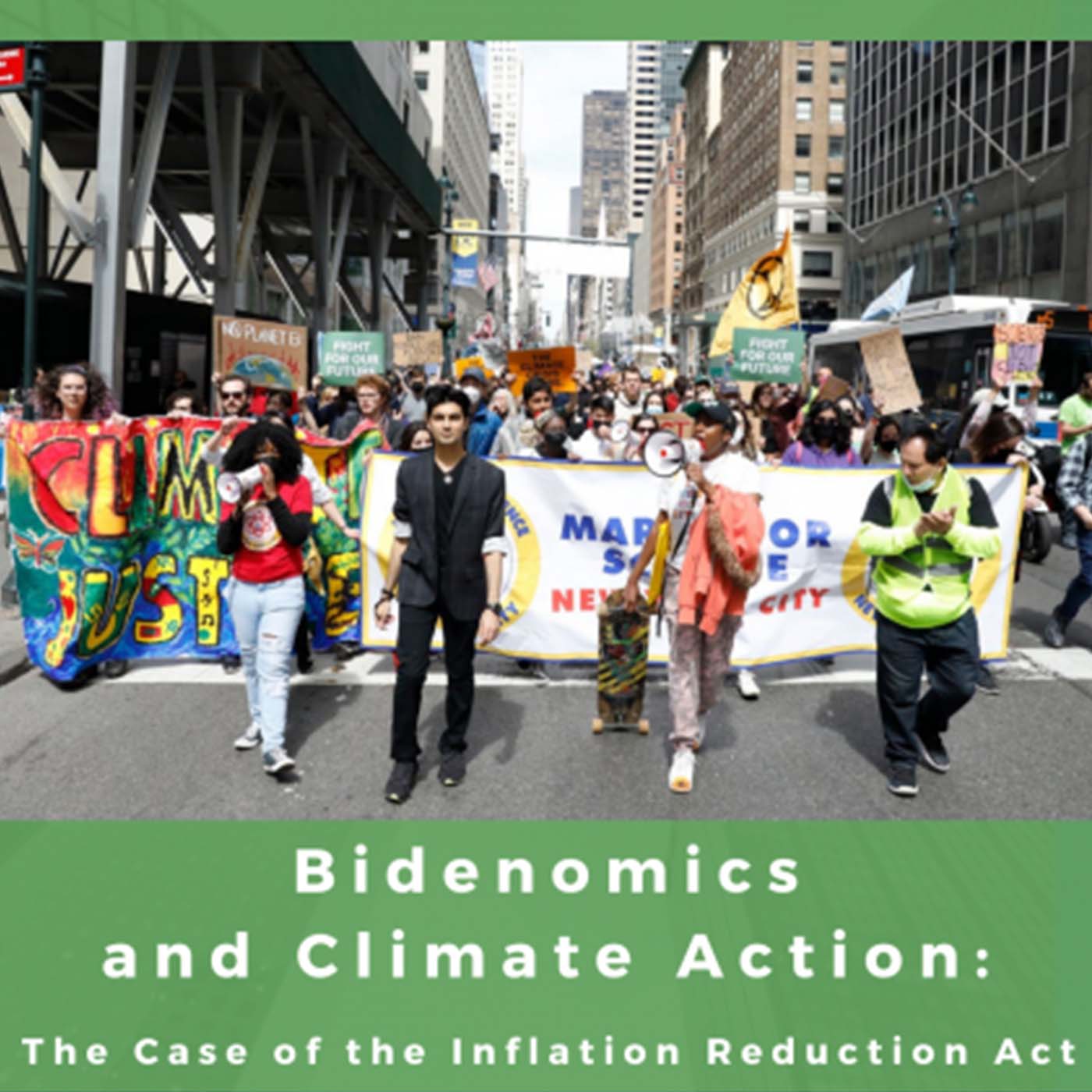What if I told you that international money is governed by no more than the beliefs of a handful of super-connected global elites…and yet there is no conspiracy. Would you be interested?
Description
There’s a standard story economists and historians use to explain the global economy over the last 100 years: there was the gold standard, which gave way to the Bretton Woods system, which gave way to “neoliberal globalization”.
But on this episode of the Rhodes Center Podcast, Mark talks with someone whose work challenges this story by attacking its foundational myth with deep archival work.
James Ashely Morrison is an associate professor of International Relations at the London School of Economics and Political Science, and author of the new book England’s Cross of Gold: Keynes, Churchill, and the Governance of Economic Beliefs.
In it, he recounts the fight over Britain’s return to the Gold Standard after World War I, and comes to a bold conclusion: there never really was a “gold standard” – at least, not as we understand it. As James makes vividly clear, the “gold standard” was always more of an idea about a perfect state of the world, rather than an economic reality. As such, fights over it have always been less about actual monetary policy, and more about how people believe the economy is supposed to work.
James’ work not only adds depth and nuance to this misunderstood turning point in 20th century economics. As he and Mark discuss, it also forces us to reconsider so many of the more contemporary stories we’ve been told about how our economy works, and why.
Watch the talk James’ gave at the Rhodes Center this Spring.




















